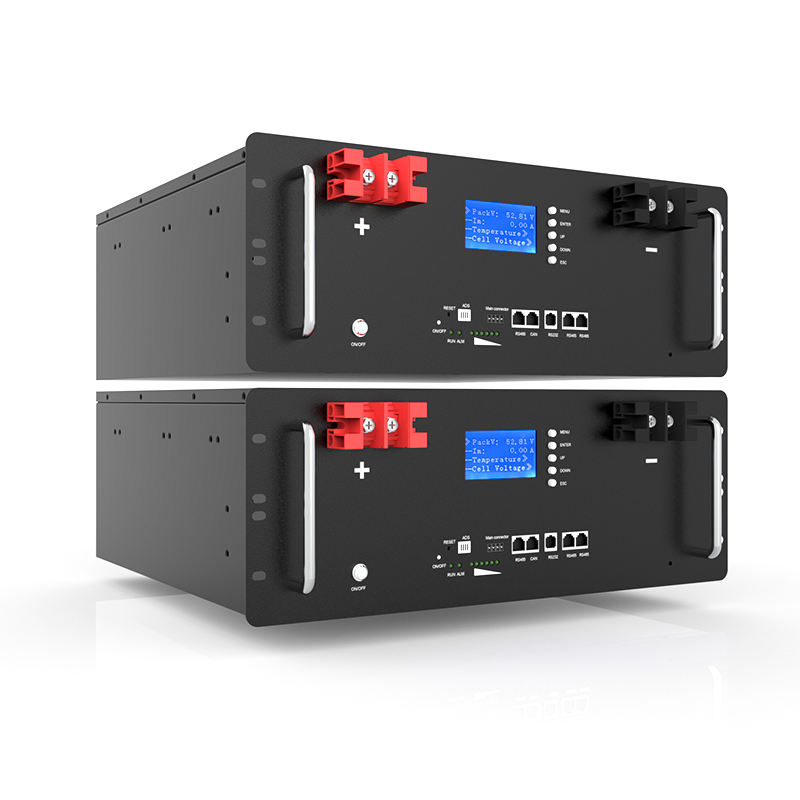(1) it has electronic insulation to ensure the mechanical isolation of positive and negative poles;
(2) the porosity ensures low resistance and high ionic conductivity, and has good permeability to lithium ion;
(3) the solvent of electrolyte is strong polar organic compound, which has enough chemical and electrochemical stability.
(4) it has good wettability of electrolyte and strong ability of absorbing and moisturizing.
(5) high mechanical stability, including puncture strength and tensile strength, but the thickness is as small as possible;
(6) good space stability and integrity;
(7) good thermal stability and automatic shutdown protection performance;
(8) the heating shrinkage is small, otherwise it will cause short circuit and lead to thermal runaway of battery. In addition, the power battery usually uses composite membrane, which has higher requirements on the membrane.
Related News
- Comparing Lithium-Ion and Sodium-Ion Batteries
- High-Performance 12V Battery Packs | Reliable Energy Solutions
- Home Energy Storage Systems in 2025 Trends, Benefits, and Market Outlook
- The Five Fundamental Design Principles for Energy Storage Cabinets
- Safety Guide for Homes with Solar Power Generation, BESS and EVs
- How Long Do Electric Vehicle Batteries Last? Comparing Lead-Acid & Lithium
- Application of lithium battery in ship
- How to transport lithium batteries more safely?
- New Trends in the Home Energy Storage Market
- This article will show you the difference between prismatic and cylindrical batteries







